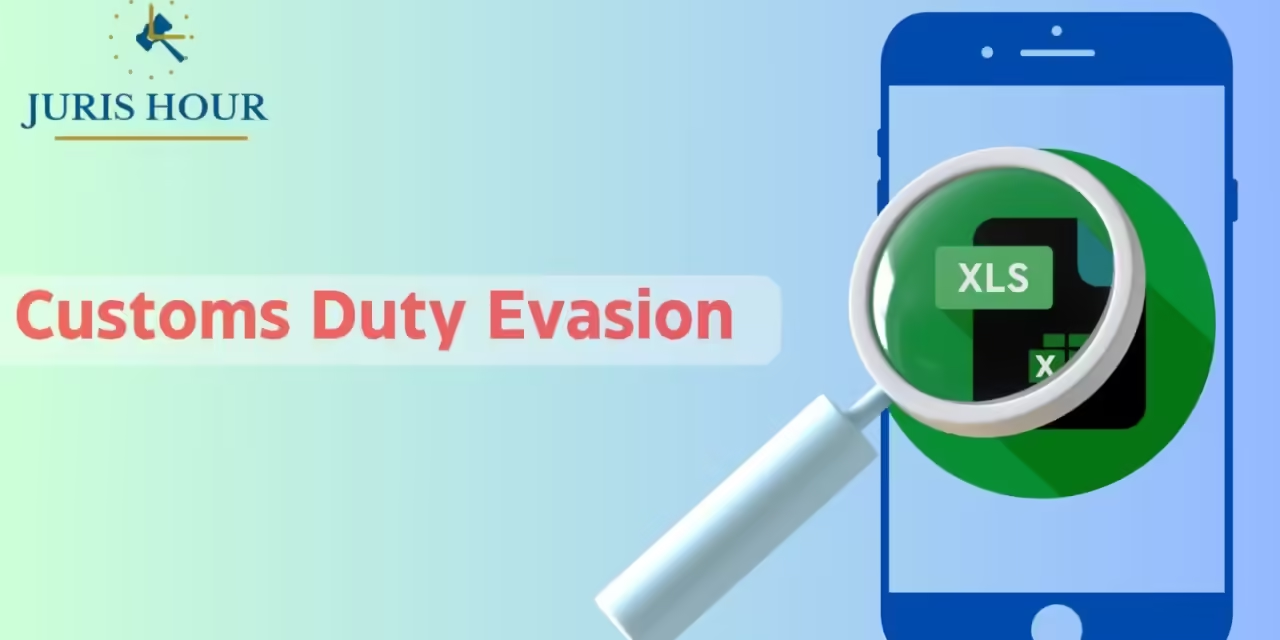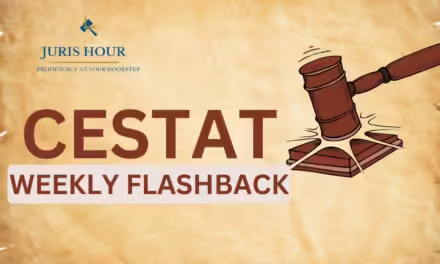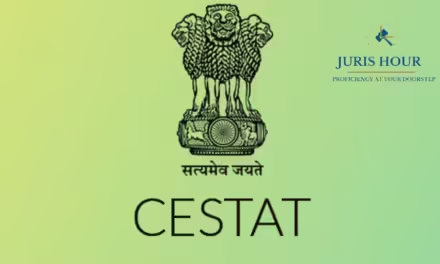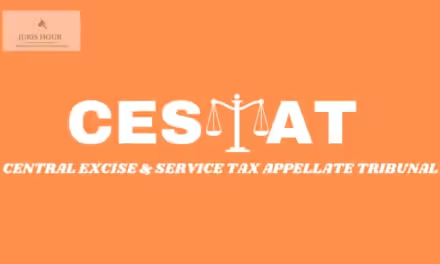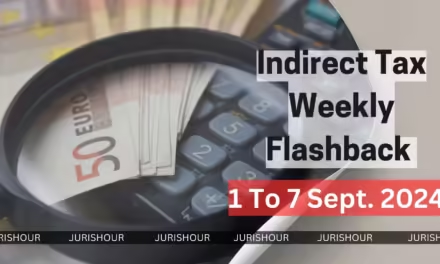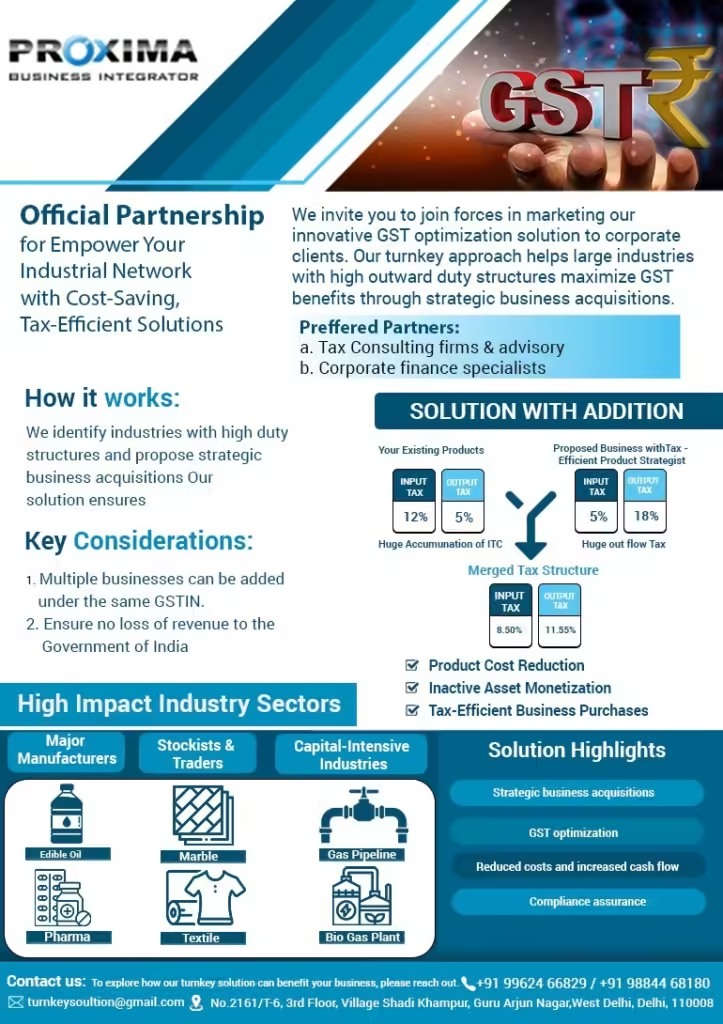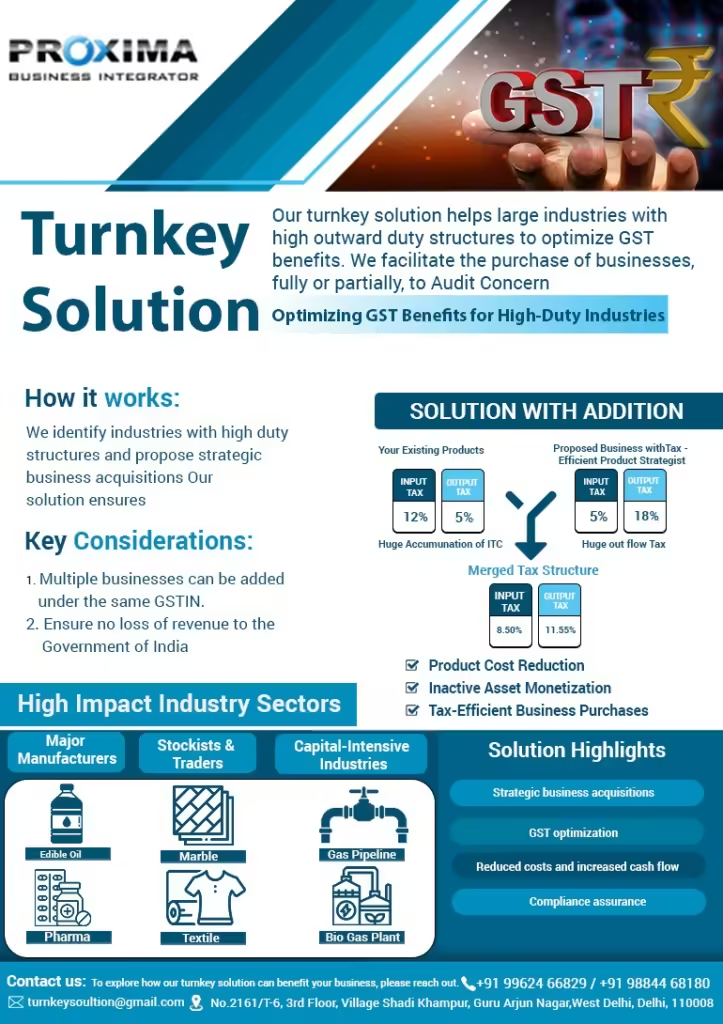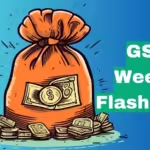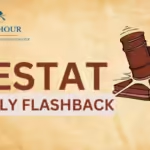The Delhi Bench of Customs, Excise and Service Tax Appellate Tribunal (CESTAT) has held that data retrieved from the appellant’s proprietor’s own mobile is the document admissible into evidence. The requirement of certificate under Section 138C of the Customs Act, as is impressed upon by the appellant, is held not applicable.
The bench of Dr. Rachna Gupta (Judicial Member) and Hemambika R. Priya (Technical Member) has observed that the electronic evidence should be presented before the trial begins, and at any stage prior to the completion of the trial, the Court can direct the production of the certificate under Section 65B(4). The judgement clarifies that requirement of certificate under Section 65B (iv) of the Evidence Act is unnecessary if the original document itself is produced. The retrieved documents/invoices are original/primary documents. Section 65 of the Indian Evidence Act, to which Section 138C of the Customs Act is pari meteria, the excel sheets/invoices retrieved do not need certificate of authenticity.
Background
The appellant/assessee is an importer importing goods like ladies hand wallets, caps, scarves, gloves etc. A Bill of Entry as filed by the appellant through their authorised customs broker M/s. JAS Expeditors for the import of said goods.
However, on the basis of a specific intelligence about appellant to have been indulging in evasion of customs duty by mis- declaring the goods in respect of value and quantity, that an alert was placed against the said Bill of Entry for further examination by SIIB Branch.
The examination was conducted in the presence of a customs broker’s representative. It was observed that all goods though were declared as ‘unbranded’, however branded caps of different non-popular as well as reputed brands like Puma, Nike, Adidas etc. were found.
The department while observing it to be an act of infringement of Intellectual Property Rights (Imported Goods) Enforcement Rules, 2007, the goods were seized indicating the quantity of goods found during investigation.
The appellant in his statement has admitted the mis-declaration of the goods. From the further scrutiny of emails, separate invoices/documents showing invoice number, invoice date, container number, description of items, quantity etc. against the previous imported consignments during the period 01.03.2013 to 05.02.2018 those were found reflecting the value of imported goods in Chinese currency (RMB) which appeared to be much higher as compared to the value declared in the respective Bill of Entry.
The invoices were issued by M/s. Sanyuan Group Holding Co. Ltd., China. The company is admitted by appellant to be its exporter. Comparing those documents revealed that invoices number, invoice date, container number, description of items, quantity etc. were almost same except for the value of the goods which was much lesser than Chinese Yuan (RMB) by reflecting that the importer had undervalued the goods with an intent to evade the payment of customs duty. The consideration over and above the sale price was sent to the Chinese supplier through illegal means by the appellant.
After conclusion of the investigation and recording the statements of several others concerned and involved that the Show Cause Notice was served upon the appellant alleging that appellant has fraudulently imported goods on the basis of fake/forged invoices.
The differential customs duty on the basis of 23 Bill of Entries was proposed to be recovered from the appellant. The penal action was also proposed against the proprietor of the appellant under Section 112(a)(i) and (ii), 114A and 114AA of the Customs Act, 1962. The proposal has been confirmed.
Arguments
The appellant contended that the entire document relied upon by the department was the electronic evidence retrieved from the appellant’s e-mail. It being an electronic evidence compliance of Section 138C of the Customs Act was utmost necessary. In absence of the certificate as required under the said section, the entire document relied upon by the department becomes inadmissible into evidence.
The department contended that on going through the invoices recovered from email of the importer, it is clear that these are titled as invoice and are prepared on the suppliers letterhead with Importer name on top and date, invoice number and destination are also properly indicated. The format of the invoice and remarks on those invoices clearly indicate that these are not simply some random excel sheets showing random values. These Invoices are depiction of total transaction, in continuity showing item wise details, deposits adjusted and also the actual cartons loaded compared with cartoons shown in Bill of Lading. All details of these invoices have been the same in the invoices filed with Bills of Entry except for the value of goods and description of goods.
Conclusion
The tribunal held that it cannot be a mere coincidence that the invoice number, date, container number, description of goods, number of carton and quantity of goods mentioned in the invoices/documents recovered through e-mail matches with the invoices attached by the importer with Bills of Entry filed for customs clearance.
The tribunal while dismissing the appeal held that there is sufficient evidence against appellant that the actual invoices have been altered by the appellant to undervalue and mis-declared the imported goods. The act amounts to committing fraud and fraud vitiates everything. Resultantly there is no infirmity in the findings to this effect in order under challenge.
Case title: M/s. AG Impex v/s Commissioner of Customs, New Delhi
Citation: Customs Appeal No. 52953 of 2019 [DB]
Counsel for the Appellant: Shri V.S. Negi
Counsel for the Respondent: Shri Munsi Ram Dhania, Authorized Representative
Date of Decision : 13/09/2024

